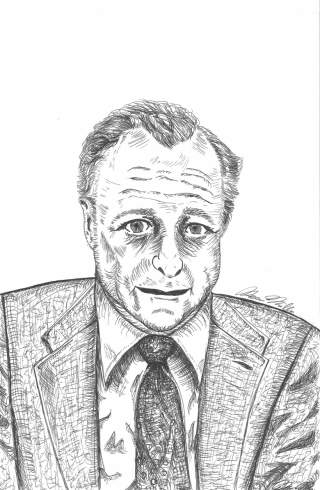The Real Irving Kristol
Contrary to popular belief, the founding father of American neoconservatism was a consistent adherent of realpolitik in international affairs.
Was Kristol a hawk, an unrepentant partisan of American strength? Certainly. He abhorred tyranny and adored liberty. He felt that patriotism was healthy and key to upholding a sense of national purpose. He believed that the constitutional republic was the form of self-governance best equipped to inculcate virtue within a diverse citizenry. He desired an international order led by America and structured according to its democratic principles. But he also harbored reservations about the way in which America demarcated and pursued its national interest. “I am not an isolationist, just a realistic unilateralist,” he explained to Earl Raab in October 1990, two months after the start of the Gulf War. It was a stance from which he never really deviated.
Jonathan Bronitsky is a commentator and historian working on a biography of Irving Kristol to be published by Oxford University Press. His doctoral dissertation at the University of Cambridge examined the postwar, transatlantic origins of neoconservatism.
Image: Rebecca M. Miller

